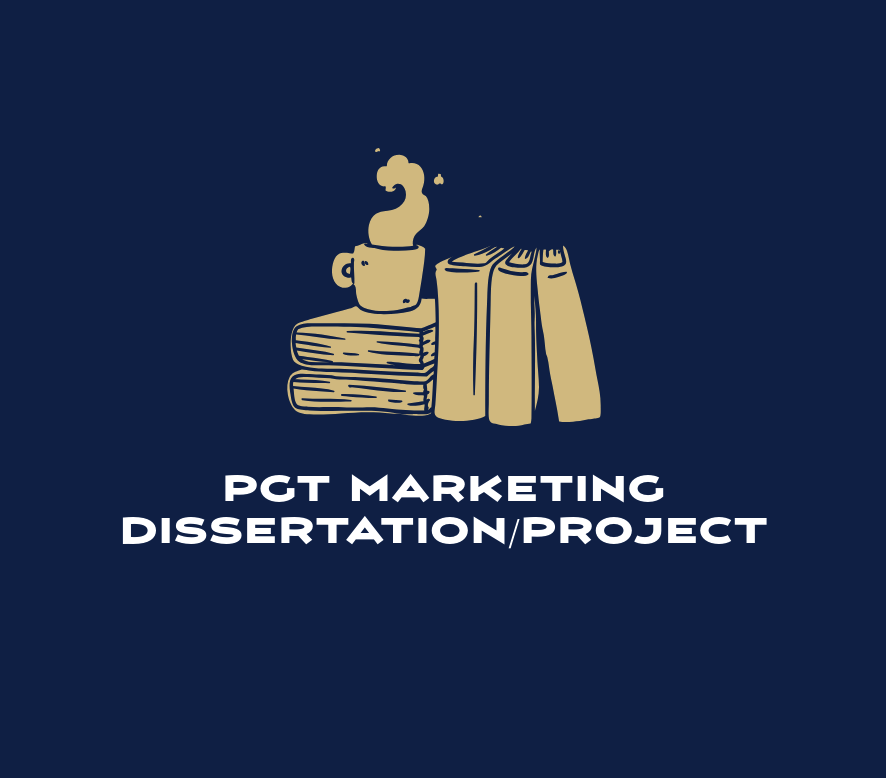This module is designed to bring together the knowledge gained through the MSc program and permit students to demonstrate mastery of a variety of competencies. Students are expected to apply and integrate a variety of skills, tools, and knowledge to assess the performance of a real-world business and arrive at recommendations for change and/or improvement.
Module Aims
The module aims to enable students to develop an understanding of accounting for organisations through developing an ability to reflect on the use and effects of published accounting information. The module will also give students an opportunity to develop self-directed learning strategies. The use of a number of tools and techniques including content analysis, advanced ratio analysis and basic statistical analysis will support students to develop the ability to think critically and self-assess their work, and the ability to communicate their findings.
Hence this module aims to provide the student with:
1. A range of critical and technical skills appropriate to the analysis of "real life" cases that help illustrate accounting issues and/or principles that are likely to be encountered in the current business environment, especially in more complex accounting transactions.
2. A range of analytical and synthetic thinking skills in relation to evaluating the performance of companies.
3. A better understanding of the importance of applying professional skepticism and critical thinking when making judgments and decisions in difficult accounting contexts.
4. A better understanding of the importance of exercising high quality professional judgment and an opportunity to develop an appropriate mindset for decision making.
5. Transferable skills related to the capacity for independent research, the analysis of both financial and textual data, and public presentations.
Learning Outcomes
On successful completion of the module, students will be able to:
1. The ability to identify and pursue relevant research on a real-life company.
2. The capacity to exercise a range of research skills and methods in order to produce relevant business report.
3. To demonstrate analytical and critical thinking in relation with real-business problems.
4. A series of transferable skills including those related to access data, analyse information, and synthesise knowledge.
5. Integrate technical knowledge and professional skills.
Skills for Your Professional Life (Transferable Skills)
The module aims to develop a variety of personal transferable skills by encouraging students to:
* Identify and distil key features in writing business reports
* Communicate effectively orally and in writing, in poster presentations, essays and research reports
* Discriminate between relevant and irrelevant information for the purposes of doing and evaluating research lead projects
* Apply analytical skills and critical judgment as required to handle business problems
* Develop coherent and well-structured lines of argument supported by relevant analysis and concepts
* Develop the ethical awareness required in research and professional life
* Participate in group discussions
* Work under pressure and meet deadlines.
- Module Supervisor: Magda Abou-Seada

- Module Supervisor: Muhammad Akram
- Module Supervisor: Atika Kemal
- Module Supervisor: Aneela Malik
- Module Supervisor: Vivek Nawosah
Module Aims
This is a two term module and these aims and outcomes apply to the module as a whole.
This module aims to provide you with:
1. The capacity for managerial relevant research formulation.
2. A range of research skills and methods appropriate to management research.
3. A range of analytical and synthetic thinking skills in relation to management theories.
4. Transferable skills related to the capacity for independent research, the analysis of both financial and textual data, and group work and public presentations.
Learning Outcomes
On successful completion of the module, students will be able to:
1. The ability to identify and pursue relevant research.
2. The capacity to exercise a range of research skills and methods in order to produce relevant management research.
3. To demonstrate analytical and synthetic thinking skills in relation to management theories.
4. A series of transferable skills including those related to data analysis, team working, and the presentation of research findings and conclusions
Skills for Your Professional Life (Transferable Skills)
After completing this module students should have:
1. Developed their digital/technical fluency through the use and application of Microsoft Office software package and Encore database.
2. Enhanced their written communication skills through producing discursive coursework assignments
3. Improved their oral and visual communication skills by taking part in a 20 minute group presentation and an individual presentation of an outline case analysis
4. Improved their collaborative and team working skills by taking part in a group project
5. Enhanced their research skills through researching six coursework assignments and a group project
6. Recognised the relevance and importance of management theory in the current organisational environment through the use of placement project, recent news stories/ case studies/examples such as the refugee crises, Starbucks, gender pay gap, climate change, thrift shopping & Cosmopolitan Ltd